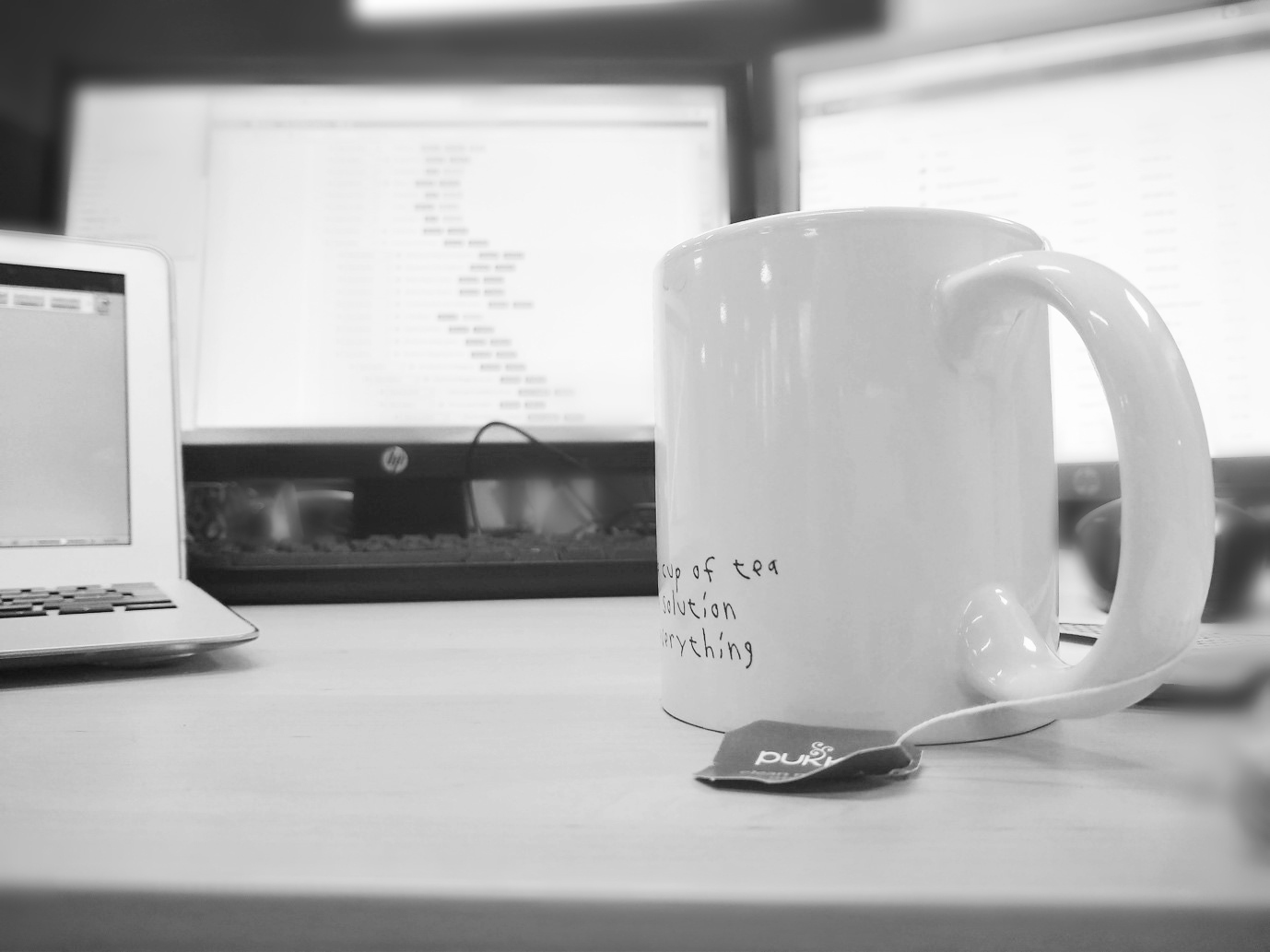Working WordPress: 5 months as Academic Blogging Intern

 Before starting to work for ISG as Academic Blogging Intern, I considered myself to be an avid blogger.
Before starting to work for ISG as Academic Blogging Intern, I considered myself to be an avid blogger.
No tales from my travels, indulgent recipes nor questionable puns had been left untouched by the webs of my various blogs. I felt confident that I had used hashtags well before we all became #blessed by their trend and actively considered adding ‘formatting genius’ to my CV.
As you might guess by my slightly nostalgic tone, I was wrong. The reality was that I treated WordPress the way Brits do sun: better safe and hidden behind the comfort of factor 50+ sunscreen, or in this case ready-made templates. Having now worked with DLAM for 5 months, I can appreciate the hard work that goes into creating blogging platforms – as well as the amount of knowledge I have gained from it all not only technically but content wise.
When I sat down at my first team meeting back in June, the Academic Blogging Project was already heavily underway.
I hid behind my work-mug while team members took turns to give updates on their roles. The first 20 minutes spent actively trying to decipher all the acronyms left cold sweat trickling down my neck. Eyes wide, I mentally scorned myself: ‘Dev I only got DEV!!!’ (for the young Lilas of this world, this means development). Suddenly, I felt as foolish as my mother when I told her that ‘the long white rectangle thing on the computer screen’ was a search bar.
In that somewhat dramatized weekly meeting, I truly understood that day the amount of people needed to put something like this together. Launching a blogging platform requires the initial system to exist, it needs a discussion on which plugins to buy, on what search filters we want to install… On the other hand, the product itself needs to be limited: what do we want to offer? How do people know about it? How can we help them use it once it is launched?
This is where I come in.
My job, as opposed to what people assume when hearing my title – is not to write blog posts (mildly paradoxical in this very moment, I’ll give you that) but to create help resources available on the Edinburgh University website.
In a nutshell, I make sure to produce all the documentation that users will need when using our blogging platform. My job is to make sure that any questions a user might have, can be answered to online. You might have guessed it, in order to be helpful – not only do I have to anticipate all the questions that might arise, but I also have to be able to answer them. Afterwards, I curate all of this into dashing EdWeb or PDF format. Accordingly, putting myself in the mindset for work feels a lot like method acting as the human version of Siri.

Putting myself in the mindset for work feels a lot like method acting as the human version of Siri.
Knowing the platforms by heart has been crucial to writing tutorials about them – and thus, fleeing from ‘that complicated looking setting’ has been impossible. And there exactly, dear readers , lies one of my learning curves. Working with DLAM has made me feel confident that my digital skills do not have to be limited to my love/hate relationship with Microsoft Word’s referencing system. Tackling sides of the job that I previously felt estranged from has been amazing for me. Not only does testing services, coding, publishing for the web – finally knowing the cool tech acronyms (ok, some of them) – look great on the CV, but it is also an achievement to learn skills that, so often, have been sold as ‘the opposite world’ to humanities. I will leave this job confident that my training in critical practice is not the only thing that I have under my belt, and that more importantly it does not limit me on my professional journey.
My job in numbers:
5 blogging platforms tested and known by heart
>50 Word documents written
33 EdWeb pages produced
>70 colour coded to-do-lists
100,000,000,000 edits. No exaggerations.
More surprisingly, it is my experience as a blogger that has been challenged throughout my time with ISG. Little did I know that months of using that green and red combo in 2013 made my blog the dreaded demon of accessibility. Us bloggers often ask ourselves: ‘God, what do I write about? Do I sound stupid? Will ANYONE read this post I wrote instead of working on my dissertation?’. However, we rarely ask ourselves: what if someone cannot read it because of my poor colour contrast? What if they do read it and they post a trolling comment? What if somebody reads it and likes it so much that they steal it? Delving into writing strategies and blogging etiquette has dramatically made me reconsider the power of words and acknowledge the many responsibilities that come alongside publishing content on the web.

From a broader point of view, working on the Academic Blogging Project has been extremely valuable for me in terms of project management and overall understanding of the working world. Having been given the opportunity to follow the project from its run up to post-launch offers me great perspective on goal setting, having to compromise and adapting to user response. Additionally, I have been lucky to have a great team and manager who bares with my 100 redrafts, increasing sci-fi references and, more importantly, makes me feel ok about using emojis in professional emails. After having spent months filling the University website with ‘how-to’s and ‘what is this?’s, I am now working towards the launch of a branch of the service destined exclusively toward students. My fingers are crossed that all of my valuable growth as a blogger, student and digital user will come in handy.
When speaking of jobs, people often ask ‘so… what do you do?’. Only at the end do they ask ‘what have you learned?’. I consider myself lucky to be learning every day. There isn’t a day at ISG where I have looked back thinking ‘beh, done that before’.
More so than the technical and theoretical skills I have gained, I have grown by noticing the mistake we students make all the time. Deadline after deadline, we trudge through University thinking that we should be striving to secure a place in a professional world we are already experts in. But think about this: isn’t there an unmistakable satisfaction, as a specialist, in being able to give somebody answers and help them? Now imagine being able to do so when you were not an expert at the start, when you had strictly no clue what an RSS feed url when asked to write about them. Isn’t there a joy in learning?



